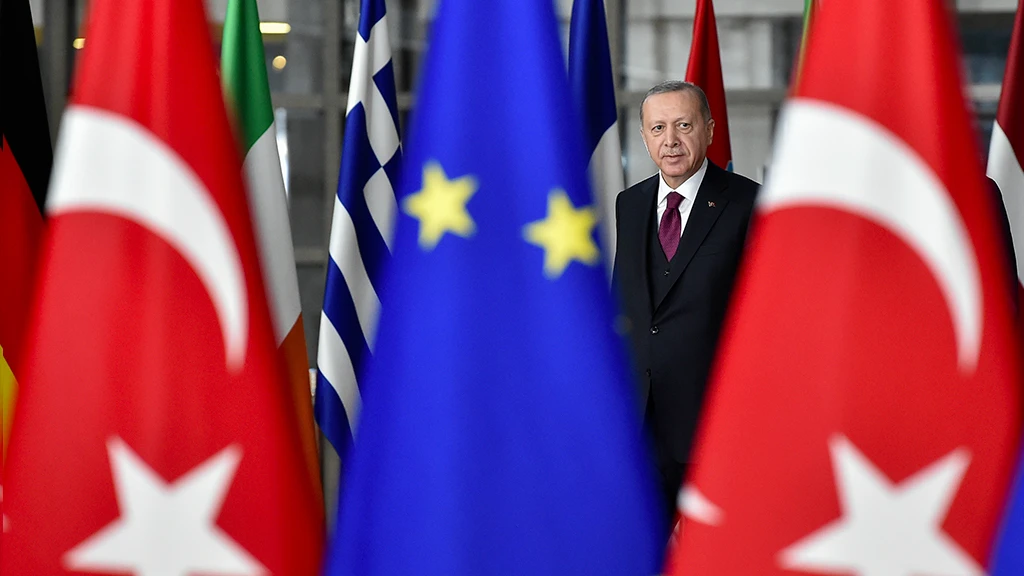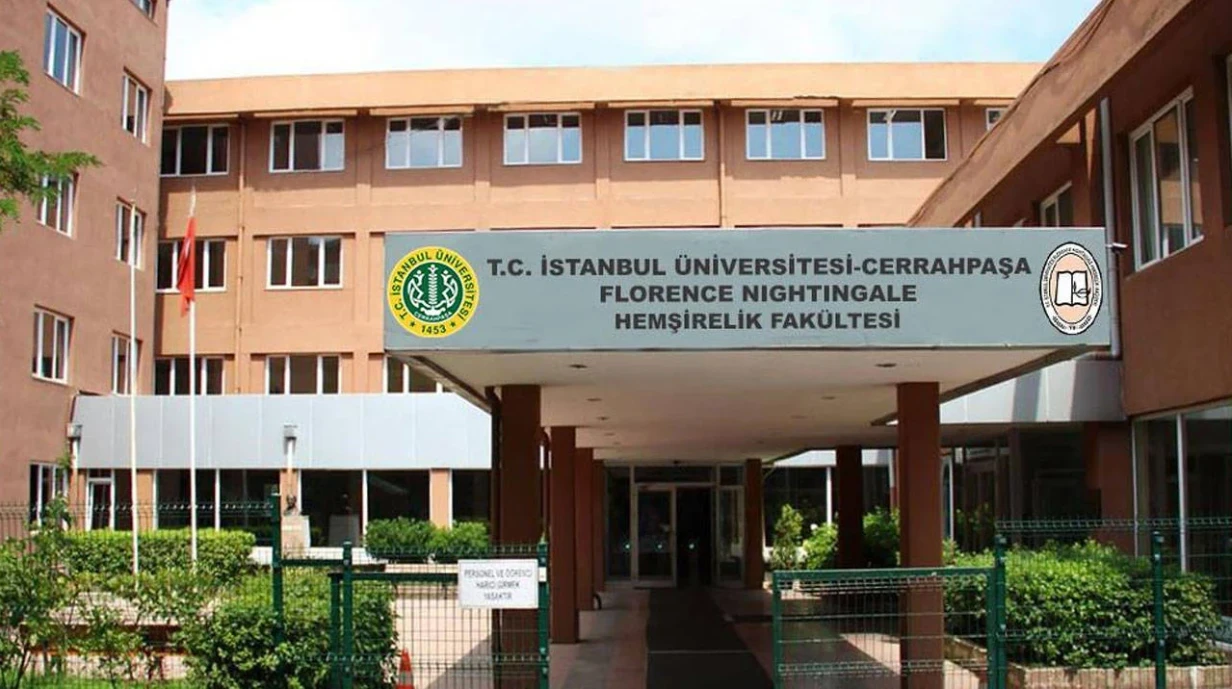‘Don’t be surprised if US hands over terrorist Gulen to Türkiye’: Columnist

Turkish daily Milliyet columnist Zafer Sahin raised Wednesday the possibility of terrorist organization ringleader Fethullah Gulen’s extradition from the U.S. to Türkiye via a third country as he argues that Gulen is no longer capable of being “used” by the U.S.
Sahin thinks that the two issues plaguing Türkiye, namely FETO and the PKK, can be traced back to the “Peace Volunteers Project” initiated by the CIA in the early 1960s. According to Sahin, the project aimed to keep 139 countries, including Türkiye, away from the Soviet Union’s influence.
He contends that thousands of CIA agents, under the guise of “Peace Volunteers,” were dispatched to these countries for purported humanitarian aid. Sahin argues that their activities in Eastern and Southeastern Türkiye until 1972 left behind two organizations that directly infiltrated the state, paving the way for separatist movements and the rise of FETO.
Sahin suggests that the extradition of the PKK leader in 1999 and the subsequent fate of the FETO leader indicate the initiation of new projects by the global syndicate. He believes that FETO’s current leader is experiencing a similar fate, signaling the commencement of a new project by the global syndicate.
According to Sahin, the organization’s concerns revolve around money. He asserts that the global syndicate seems to have rolled up its sleeves for a new project, just like it did in 1999. Sahin warns them not to be surprised if their leader is sent to Türkiye dead or alive from Kenya. He emphasized that, to him, the leader is already dead. Sahin argues that the leader alone was not managing a $150 billion organization operating in 160 countries across the world. According to Sahin, if one guesses the puppeteer, they won’t be far off.
Sahin believes that it’s time to focus on the new project without getting caught up in the minutiae. Sahin asserts that it’s impossible that the mastermind who renamed the PKK to YPG and presented the terrorist group to the world as “heroes fighting against Daesh” doesn’t have a plan for FETO.
He concludes by saying that, for now, it’s important to know and be prepared: The new FETO won’t appeal to conservative and devout individuals. According to Sahin, they’ve already identified another demographic and will decidedly focus on the youth as their target audience.
Additionally, Sahin evaluates the arrest of Mehmet Siddik Akis, the DEM Party mayor of Hakkari. He reminds readers that Akis was facing ongoing trials, with a court decision scheduled for the following day. Sahin sees this as a sign that terrorism will not be allowed to cast a shadow over politics.
Overall, Sahin’s perspective underscores the need for vigilance against the actions of global syndicates and the importance of preventing terrorism from infiltrating politics.
What is FETO?
Türkiye has been the target of various terrorist organizations because of its strategic location at the crossroads of continents, religions and cultures. Unlike other terrorist groups that operate openly, FETO has clandestinely conducted its activities since the 1960s, masquerading behind a facade of legality while pursuing its illegal agenda.
FETO aims to establish a new political, economic, and social order that deviates significantly from Islamic principles by exploiting religion for its own ends. Engaging in a range of criminal activities, including oppression, blackmail, threats, assassinations, conspiracies, espionage, and money laundering, FETO has demonstrated a blatant disregard for Türkiye’s sovereignty, democracy, and the core values of the Republic.
The treacherous coup attempt on July 15, 2016, was a direct assault on Türkiye’s national sovereignty, democratic institutions and the foundational principles of the Republic. FETO’s involvement in this heinous act further underscores the grave threat it poses to Türkiye’s stability and security.
As of July 1, 2023, FETO schools have been closed in 48 countries, either taken over and operated directly by the relevant countries or transferred to the Türkiye Maarif Foundation.
Currently, educational activities are being carried out by the Türkiye Maarif Foundation in 447 educational institutions in 51 countries.
In many countries, FETO-affiliated structures have been banned, and their members have been deported. Some international organizations, including the Organisation of Islamic Cooperation (OIC), have adopted decisions recognizing FETO as a terrorist organization. The Pakistan Supreme Court ruled that the activities of FETO-affiliated groups declared as terrorist organizations would violate the Pakistani Constitution, and thus, it banned all activities of the terrorist organization in the country.



